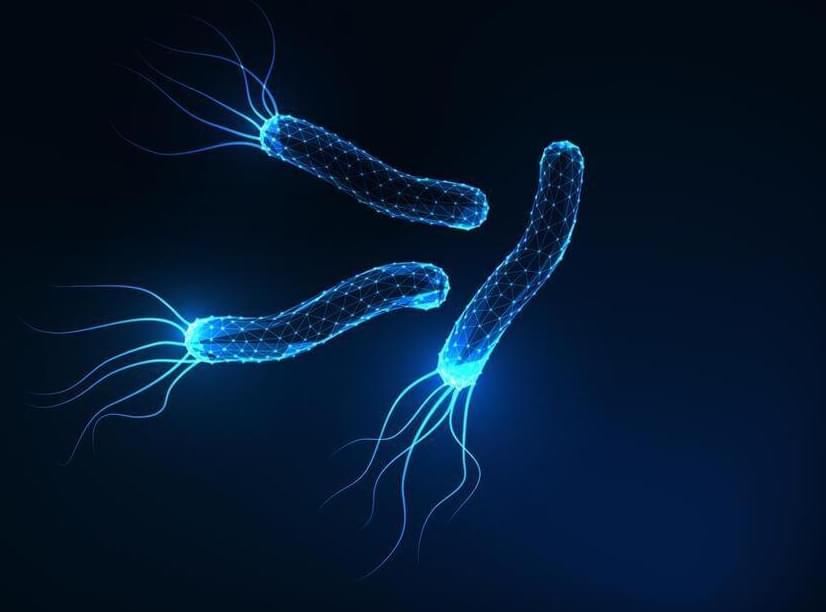An artificial photosynthesis system that combines semiconducting nanoparticles with a non-photosynthetic bacterium could offer a promising new route for producing sustainable solar-driven hydrogen fuel.
Other artificial photosynthesis systems that integrate nanomaterials into living microbes have been developed before, which reduce carbon dioxide or produce hydrogen, for example. However, usually it is the microorganism itself that makes the product via a metabolic pathway, which is aided by a light-activated nanomaterial that supplies necessary electrons.
Now, the labs of Kara Bren and Todd Krauss at the University of Rochester, US, have turned this concept on its head. They have designed a new hybrid bio-nano system that combines a finely-tuned photocatalytic semiconducting nanoparticles to make hydrogen with a bacterium which, while it does not photosynthesise or make hydrogen itself, it provides the necessary electrons to the nanomaterial to synthesise hydrogen.
